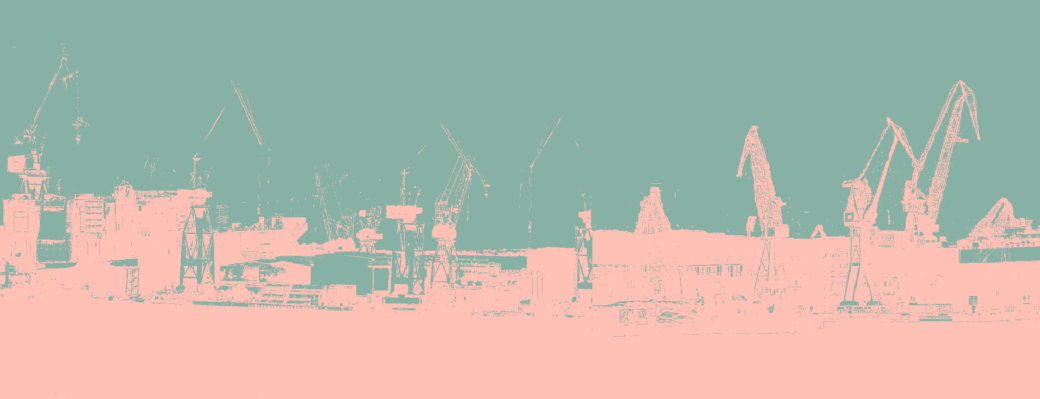One of the great advantages of the micro-historical approach of the project is its ability to combine oral history methods with the evaluation of different sorts of documents. It can draw on a multitude of sources, which have their own epistemologies and particularities, but together allow the presentation of a multi-perspective history of the two case studies. 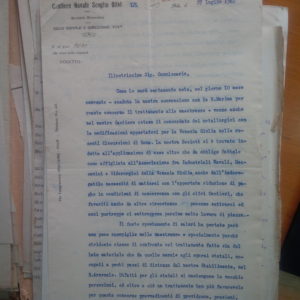 We will work with unpublished archival materials (from state and company archives), company periodicals and other publications, local and national newspapers, and oral histories (biographic as well as semi-structured interviews). Not unusual for a contemporary history project, we do not face the trouble of a dearth of sources but the opposite, of a vastness of sources which cannot possibly all be digested. For that matter, the identification of significant junctures, critical events and nodal actors helps to select topics and time segments, for which the full potential of the variety of sources will be exploited.
We will work with unpublished archival materials (from state and company archives), company periodicals and other publications, local and national newspapers, and oral histories (biographic as well as semi-structured interviews). Not unusual for a contemporary history project, we do not face the trouble of a dearth of sources but the opposite, of a vastness of sources which cannot possibly all be digested. For that matter, the identification of significant junctures, critical events and nodal actors helps to select topics and time segments, for which the full potential of the variety of sources will be exploited.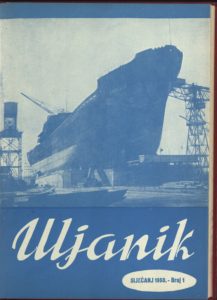
So far, our research is based in particular on the following categories of sources:
- Interviews with former workers and managers
- Archival documents from state archives (Croatian State Archive in Zagreb, State Archive in Pazin, Arhiv Jugoslavije in Belgrade, Archiwum Akt Nowych in Warsaw, Archiwum Państwowe w Gdańsku, Archiwum NSZZ: Solidarność w Gdańsku etc), which contain collections of relevant government bodies and the trade unions
- Files of the company archives of „Uljanik“ (still active)
- Company newspapers: in the case of „Uljanik“ the bulletin of the same name (1960-1990) and the newsletters Informator and Mali Informator
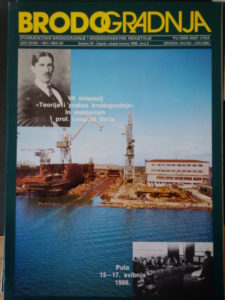
- Local and national newspapers (such as the regional newspapers Dziennik Bałtycki and Glas Istre) and industry journals (the Croatian industry papers Brodogradnje and Brodogaditelj and the Polish Głos Stoczniowca)
The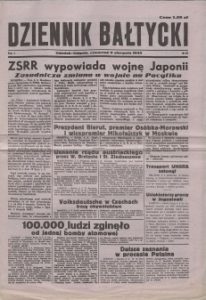 project can also build on a digitization project of the „Uljanik“ company newspapers that was started by the Historical and Martime Museum in Pula and which has already created digital copies of thousands of pages. With the support of our project, the remaining „Uljanik“ periodicals will be digitized and, in the future, made available online.
project can also build on a digitization project of the „Uljanik“ company newspapers that was started by the Historical and Martime Museum in Pula and which has already created digital copies of thousands of pages. With the support of our project, the remaining „Uljanik“ periodicals will be digitized and, in the future, made available online.
